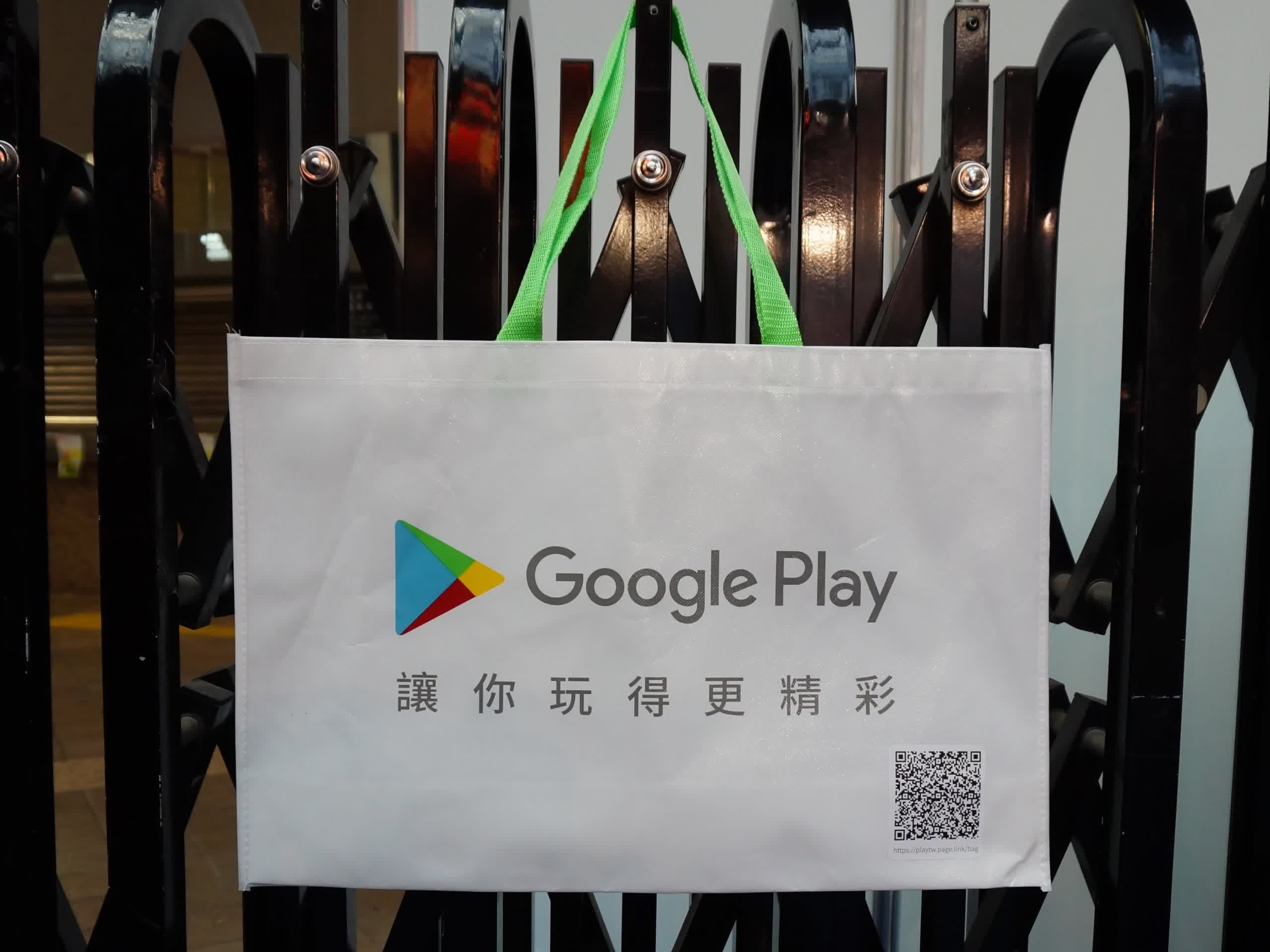TL;DR: A massive class-action lawsuit against Google is one step closer to going to trial. The suit alleges that Google misled Play customers by warning them off using alternative app stores. The case is scheduled for next summer.

Initially, 12 US states and five territories launched antitrust litigation, including Alabama, Georgia, Hawaii, Illinois, Kansas, Maine, Michigan, Ohio, Pennsylvania, South Carolina, Wisconsin, Wyoming, American Samoa, Guam, Northern Mariana Islands, Puerto Rico, and the US Virgin Islands.
In 2021, Attorneys generals in those regions claimed that the search giant used monopolistic power and fear to persuade customers to buy apps through Google Play at "artificially inflated" prices when they could have gotten the same apps for less via other venues. The allegations amount to price fixing, which is when a company "maintains the market conditions such that the price is maintained at a given level by controlling supply and demand."
These motions prompted legal teams of several customers with similar pending individual lawsuits to come together with the AGs and petition for class-action status.
Google issued a motion to dismiss the class-action designation because not every plaintiff in the individual lawsuits could necessarily prove harm. The company's legal team argued that this would open the door for uninjured plaintiffs to join the class. However, plaintiffs countered that it wanted the designation because Google's actions caused "all" developers to inflate their prices.
On Monday, US District Court Judge James Donato ruled that uninjured parties joining the class action was of no consequence as to whether or not the suit is designated as such.
United States District Court Northern District of California ruling via Ars Technica
"In effect, Google demands that each class member individually prove an injury before certification may be granted," said Donato. "The law provides otherwise. It is true that a class may not be certified when it would be so overinclusive that substantial numbers of uninjured people would populate it. Google has not shown this is a concern here."
Of course, Google was not satisfied the Donato's decision. A spokesperson told Reuters that the legal team would be considering its options.
Much of the legal wrangling boiled down to "legal experts" opinions regarding app store pricing models. Plaintiff witness Hal Singer claimed that Google's dissuading customers from using alternative stores caused app makers to raise prices in Google Play "across the board" to compensate for Google cut. He concluded that app developers would lower prices if Google reduced its commission.
Google's expert Michelle Burtis countered, saying that Singer had used methodologies to calculate "pass-through rates" that were "not standard" and that she had "never seen before." She also pointed out that Singer failed to provide real-world data supporting how Google's fees influenced developers' decisions on pricing. It asked the court to strike Singer's testimony on those grounds.
Judge Donato said no.
"The Court is 'a gate keeper, not a fact finder,'" Donato wrote. "The Court will 'exclude junk science that does not meet Federal Rule of Evidence 702's reliability standards by making a preliminary determination that the expert's testimony is reliable.' Any objections short of that are fodder for cross-examination and not exclusion."
In other words, the trustworthiness and methodology of Singer's testimony, or the lack thereof, should be hashed out in court under cross-examination. Donato can only exclude testimony if it is demonstrably false. He added that just because Google's witness had never seen Singer's methodology used before does not make it invalid.
"[It] is not necessarily "surprising" for expert opinions to be based on methods that are new and not been the subject of peer review," the judge said.
Barring any delays, the case's first hearing is set for June 2023. If bested in court, Google could face up to $4.7 billion in damages.
https://www.techspot.com/news/96826-google-faces-class-action-suit-over-alleged-app.html